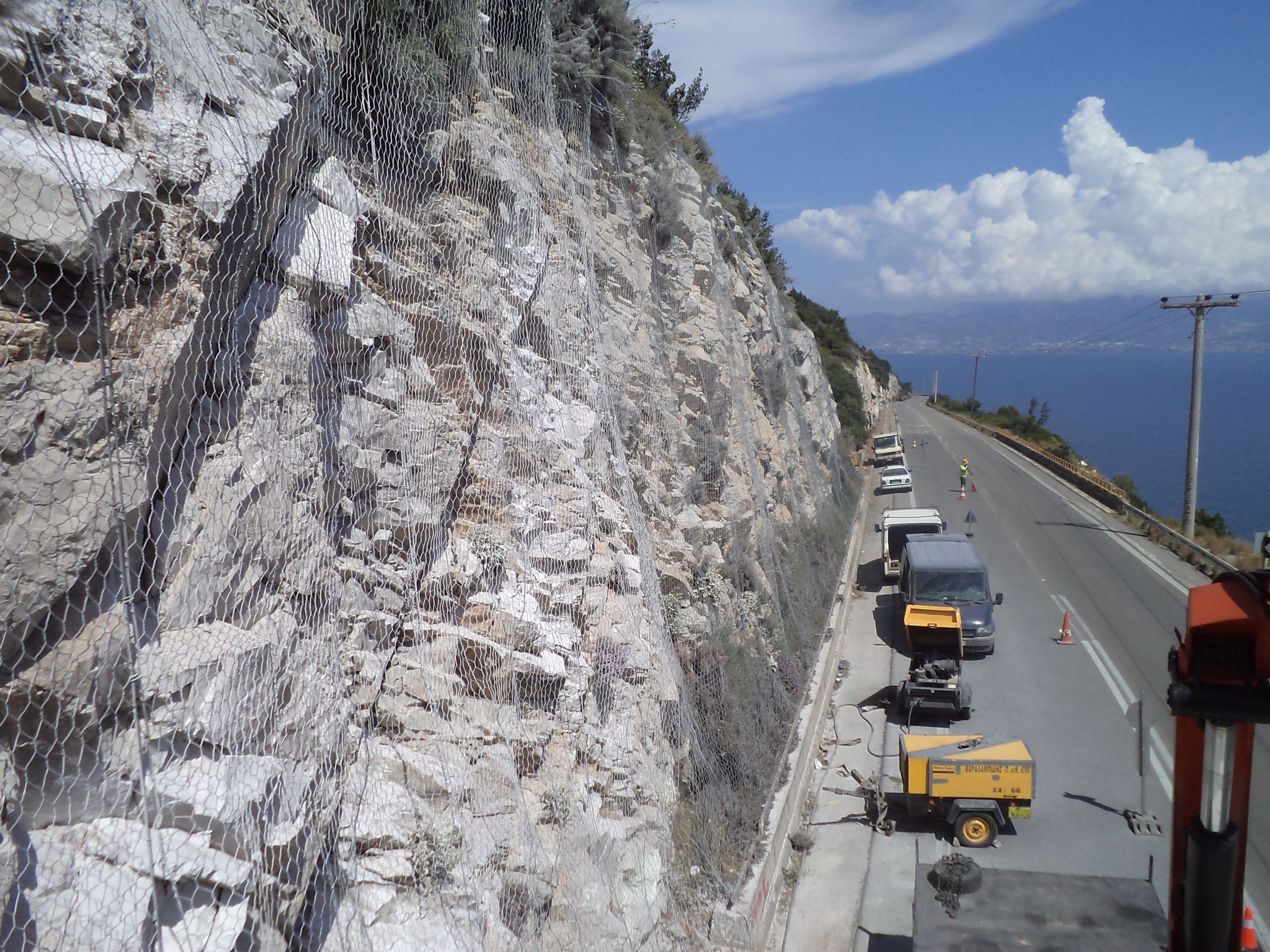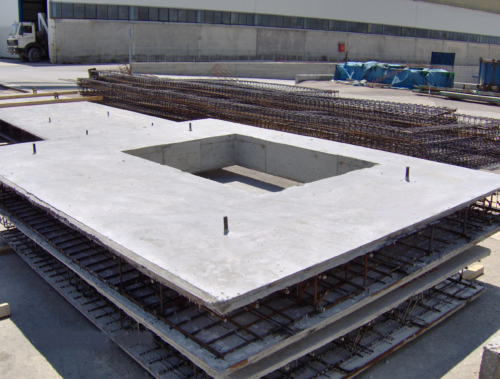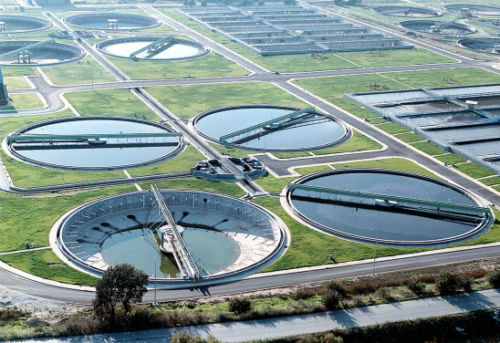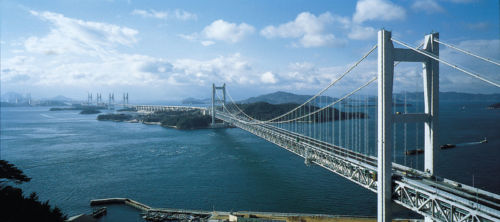| 1) Engineering behaviour of rock mass: rock mass classification systems RMR, Q and Geological Strength Index (GSI). Applications on the design and construction of tunnels, slopes and foundations.
2) Landslides: terminology and classification, causal and triggering factors, remedial measures 3) Design and construction of dams: classification of dams, design criteria, engineering geological requirements, dam and reservoir waterproofing, monitoring techniques. 4) Design and construction of tunnels: geological conditions during construction, rockmass deformation and failure mechanism, construction methods (NATM and TBM) and supporting techniques. 5) Laboratory testing in rocks (Rock Mechanics) according to ASTM, ISRM and Ε103-84 standards |
GEOLOGY OF TECHNICAL WORKS AND ROCK MECHANICS
| SEMESTER | 9th |
|---|---|
| eclass | https://eclass.upatras.gr/courses/GEO349/ |
| Details | http://www.civil.upatras.gr/index.php/odhgos/ |
| Instructor | DEPOUNTIS NIKOLAOS |
| LANGUAGE OF INSTRUCTION and EXAMINATIONS | Greek. Teaching may be performed in English in case that foreign students attend the course |
| Credits ECTS | 5 |
| Teaching Hours | 4 |
| Erasmus+ | Νο |
| Code | CIV_8357A |
| The course gives the theoretical and objective knowledge related to the identification and description of the engineering geological conditions that prevail on technical works design and it focuses in rock mechanics subjects. Emphasis is given to selecting and identifying the most “critical” engineering geological parameters that affect technical work construction and operation.
By the end of this course the student will possess cognitive and practical skills and the ability to: · Utilise the knowledge to assess the physical and mechanical parameters of rock formations (rock material and rock mass) through laboratory and on – site methodologies and simulations (use of appropriate methods, materials and instruments) · Apply the knowledge and creative thinking to solve problems and accomplish technical solutions in critical matters that may be encountered in the study and design of technical works (slope protection, tunnel supporting, dam grouting, etc.) Also, the student in the working environment will possess the ability to respond: · with competence in the interdisciplinarity that is required in technical works (study – construction) · with responsibility and reliability in the case of autonomous employment |





